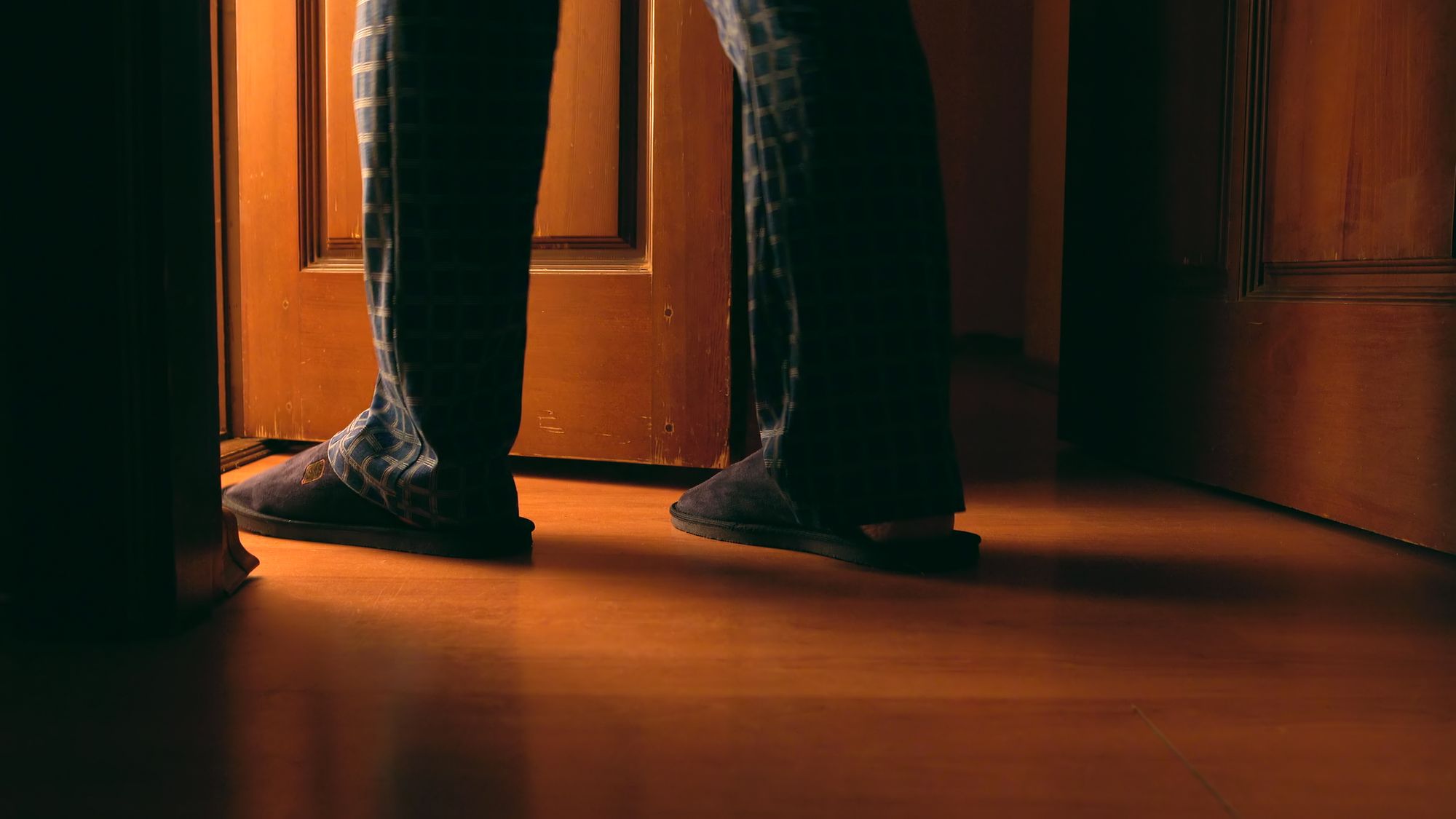Wandering
Wandering is common amongst people with dementia. Wandering may seem to be without aim, but people with dementia may have forgotten where they were going or what they had planned to do. It can be stressful to watch over somebody who wanders and you may feel concerned about their safety. You have to assess the level of danger, depending on e.g if they live in a quiet, relatively safe neighbourhood or a busy, dangerous town. As a general rule, try not to take away their independence, but make sure that they are not exposed to any risk. Here are some suggestions for managing the wandering of a person with dementia.
Provide a safe environment.
Provide a safe environment and keep the person active. Try to provide a safe environment where the person with dementia can wander around, such as an enclosed garden or an area in the house/apartment where they could wander around in safety. Wandering can sometimes be caused by excess energy and wandering might help getting the energy out. Regular exercise might help the problem. Sometimes it’s because of boredom. Engage the person in activities to fill their time.
Identify when wandering occurs.
Is there a pattern to the wandering? Try to notice if there are any patterns to detect, certain time of the day or certain places. If you can foresee when the wandering usually starts, maybe you could distract their attention at the right time. A few possible causes to wandering can be:
- Memories from the past: Old habits, such as getting to/from work etc. can interfere with the present.
- They may be looking for a specific room, such as the toilet, and getting lost.
- Sometimes the reason behind wandering can be thirst, hunger, pain etc, but the person might have trouble understanding and communicating these feelings.
Carry out daily activities.
Having a routine each day can provide structure and possible reduce boredom. Identify the most likely times of day wandering may occur and plan activities or exercise at that time. Try to have tasks or activities which keep them from getting restless, such as dusting, folding clothes, setting the table etc. Find out what kind of recreational activities they enjoy, such as dancing, playing cards, puzzles etc.
Maintain a stable environment.
Maintain a stable environment and aid in unfamiliar surroundings. Try to avoid too many changes in the persons home. If the person moved to a new home recently, they may wander because they feel confused or disoriented.
Avoid busy places.
Avoid busy places such as shopping malls and grocery stores. They can make the person with dementia feel confused and cause disorientation.
Reassure the person.
Reassure the person if he or she feels lost or disoriented. If the person wants to “go home” or “go to work” use communication to validate the persons feelings. Instead of correcting the person you could say “We are staying here tonight, but we can go home tomorrow”.
If necessary, place locks.
If necessary, place locks out of line of sight so its possible to avoid the person leaving the house unattended.
Let the person wear identification.
Try to make the person with dementia wear some kind of identification at all times. Remember that they don’t always bring their purse or jacket if they leave. Maybe identification on clothing, jewellery, wristband, watch etc. might work?




https://www.dementiaguide.com/
Comments
Sign in or become a DemiCare member to join the conversation.








